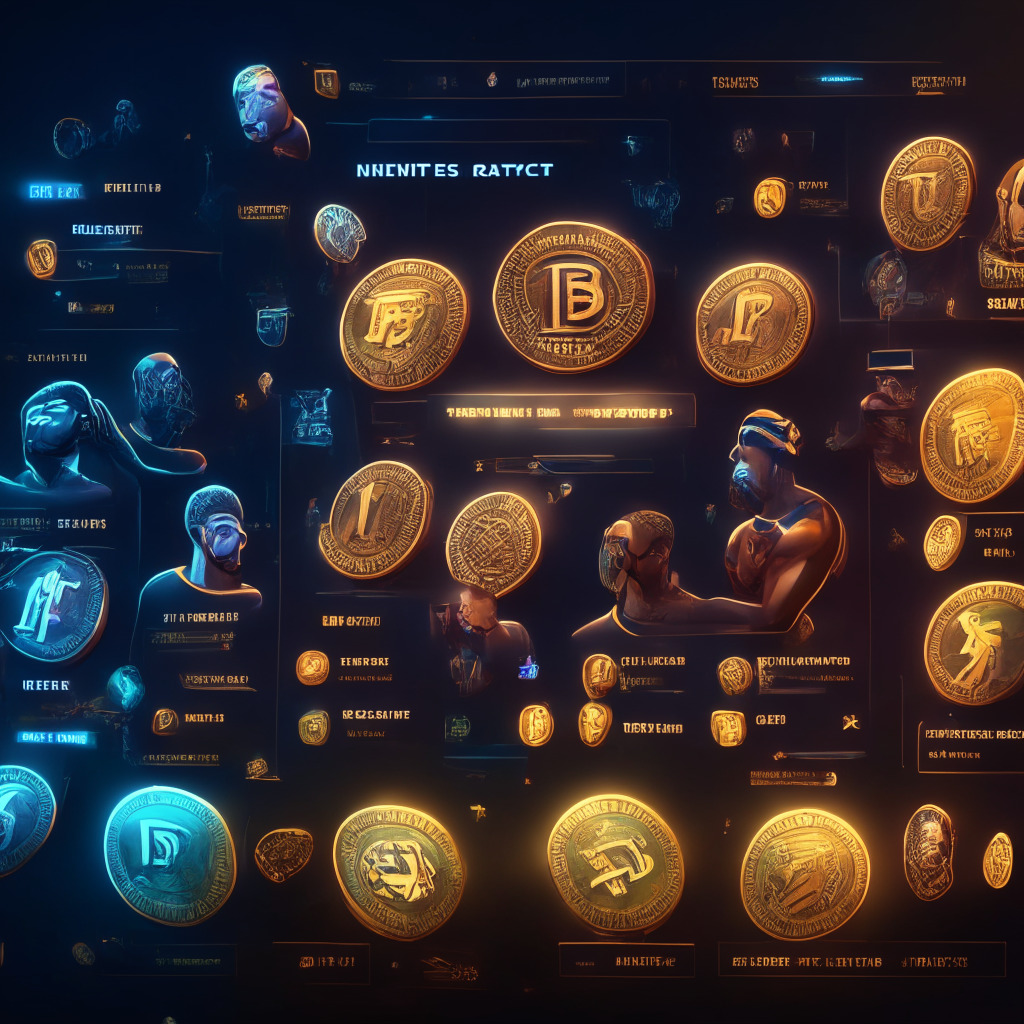In a time where digital innovations are rapidly transforming our world, the Web3 fantasy-sports platform, Sorare, has made a strategic pivot to improve accessibility for their users. The company has introduced support for mainstream currencies, namely the U.S. dollar, euro, and British pound, effectively relieving users from the necessity of using ether (ETH) to purchase its blockchain-based digital trading cards.
Broadly referred to as eliminating “one of the main barriers to entry,” this shift is anticipated to rid off an obstacle that may be hindering further user growth. However, the cards remain as non-fungible tokens (NFTs), and all transactions continue to run on the blockchain.
The reason for this move takes root in the perception of cryptocurrency associations. Over the years, although platforms like Sorare have witnessed a burgeoning user base touching about 4 million registered managers, the crypto market crashes and unfavorable incidents like the implosion of the crypto exchange FTX in November, have collectively stained the image of crypto involvement. Thus, evolved the need to dilute such associations.
Nonetheless, the shift is not a complete repudiation of crypto. It’s simply a compromise between improving ease of access and maintaining the integrity of NFT transactions, which are key to the essence of platforms like Sorare. The company still allows users, referred to as “managers,” to buy and trade NFTs of elite sports players, and these teams can be entered into competitions under the licenses of high-profile sports leagues like Major League Baseball, the National Basketball Association, and Premier League football.
While such changes might seem to water down the crypto aspect to some degree, it might technically benefit the broader push for digital assets and decentralized technology. As long as the trading cards of Sorare remain as NFTs and the transactions continue to be recorded on the blockchain, the adoption and appreciation for such technology from users unacquainted with crypto could see an upsurge. In short, the move holds a fine balance between adopting fiat payments to generate growth and promoting the role of digital assets in mainstream technology.
Source: Coindesk




